22 Archaeological Artifacts That Upend Views of the Past
Categories: Design and Architecture | History
By Pictolic https://pictolic.com/article/22-archaeological-artifacts-that-upend-views-of-the-past.htmlAugust 15 is the Day of the archaeologist - the day of those who reveal the secrets of the past. The bowels of the earth hide not only precious minerals, but also echoes of bygone eras. Have you ever wondered how, thanks to archaeological finds, we learn about the life of entire civilizations before the advent of writing? And although many believe that all the main archaeological finds have already been made, scientists are constantly “tearing off” something new.
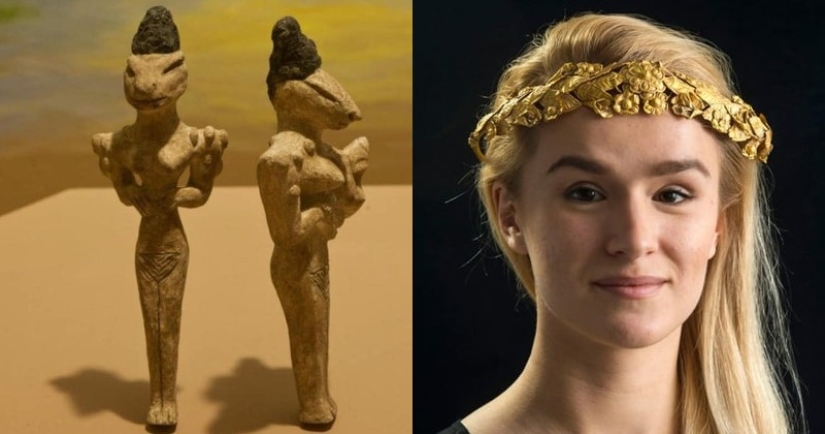
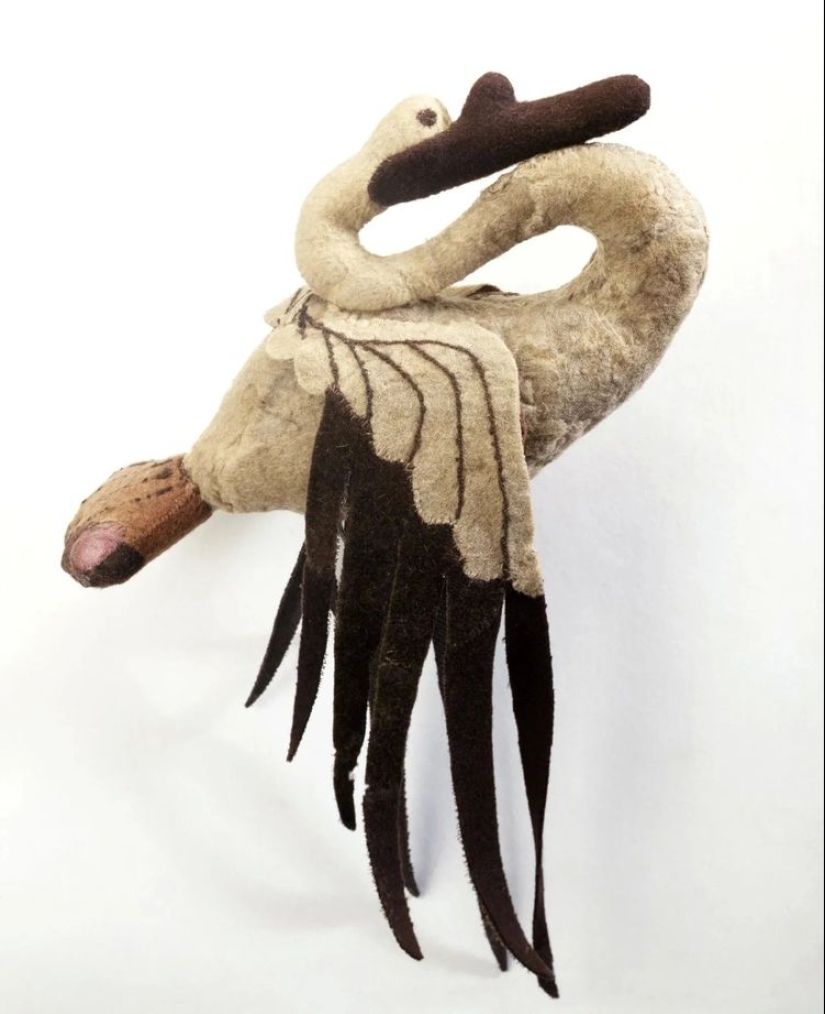
2300-year-old soft toy bird from the Altai Mountains in Siberia, ca. 400–300 AD BC e. This artifact was made of felt and stuffed with reindeer fur.
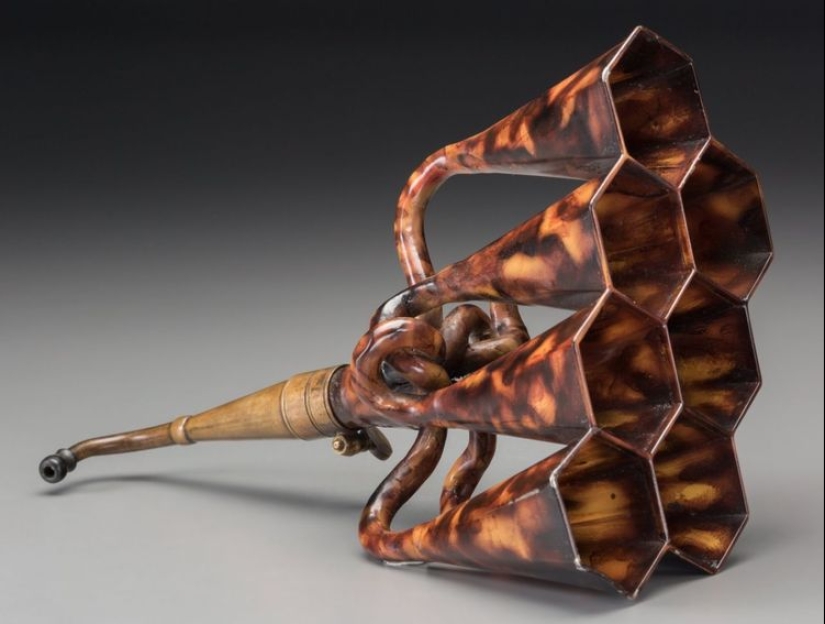
English eustachian trumpet of the Regency era, 1820s.
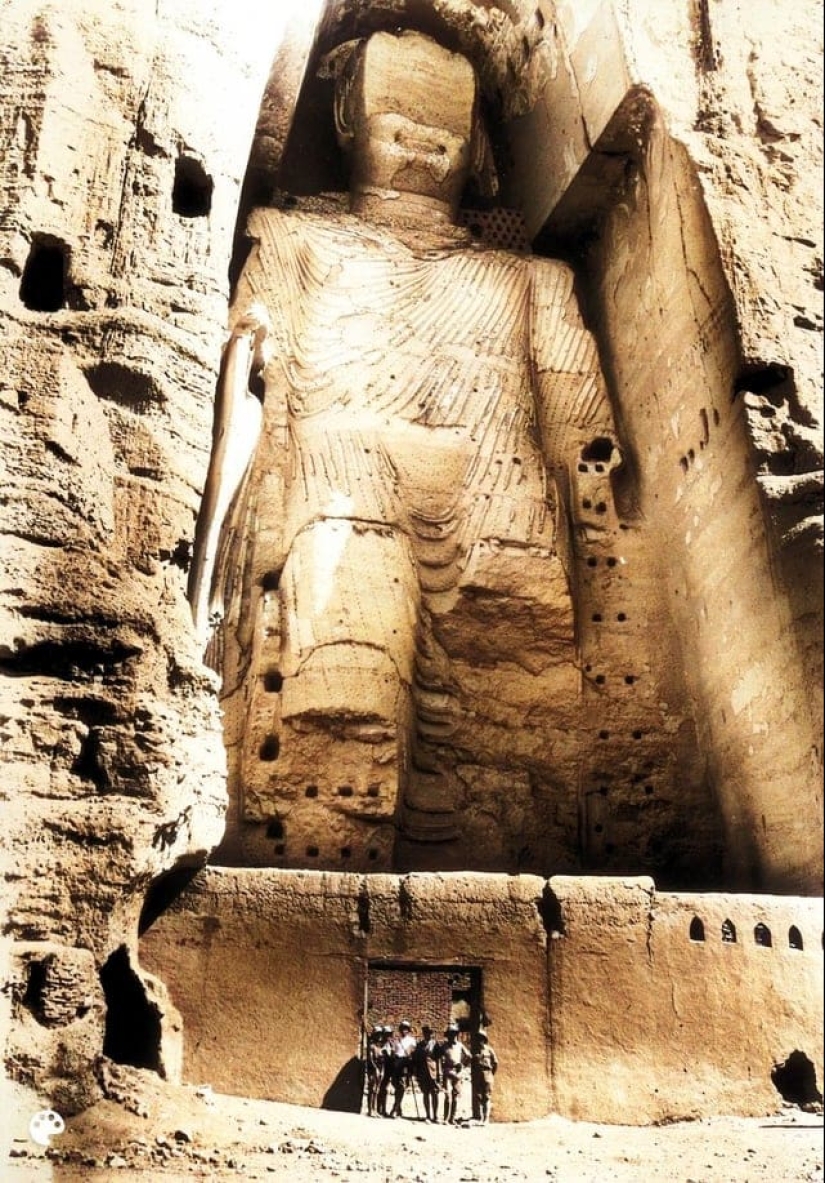
Bamiyan Buddha statue, 6th century AD, Afghanistan. In total there are two such monuments. There is a version that the statues appeared in the 3rd century during the era of the Kushan kingdom.
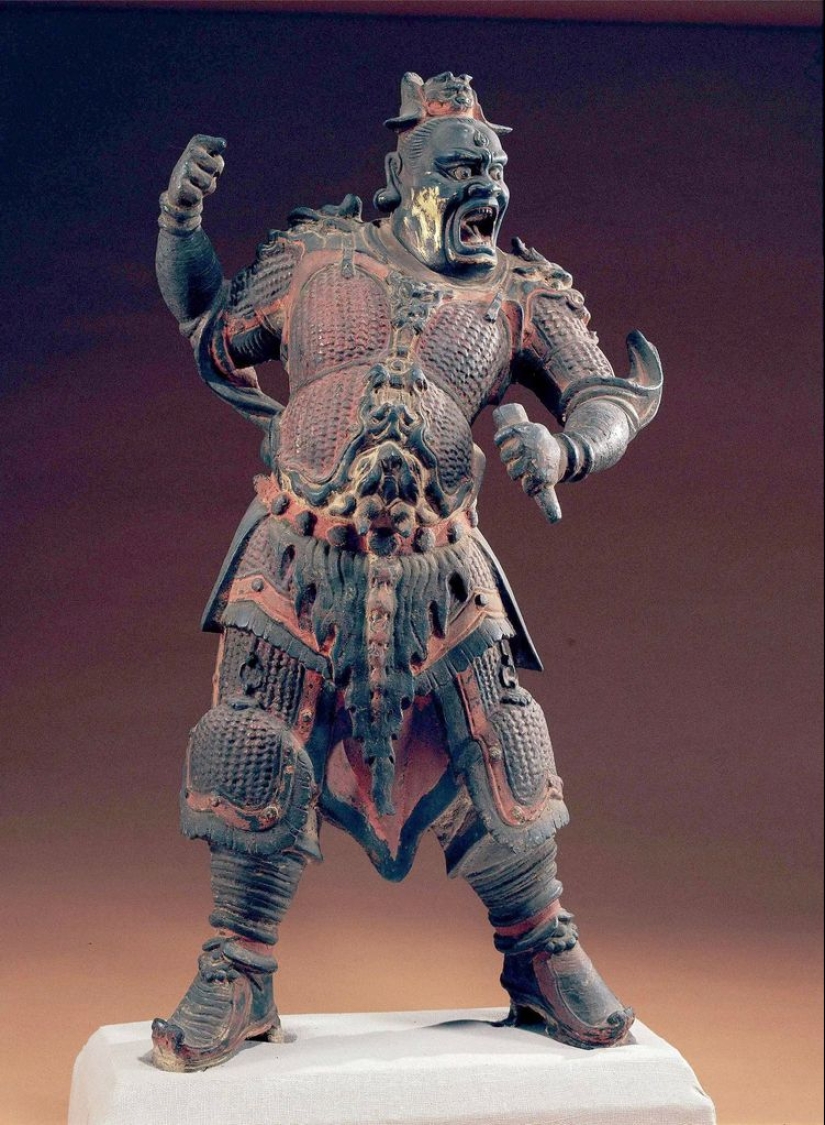
Bronze statue of the Lord of the Nine Stars of the Ming Dynasty, 1368-1644
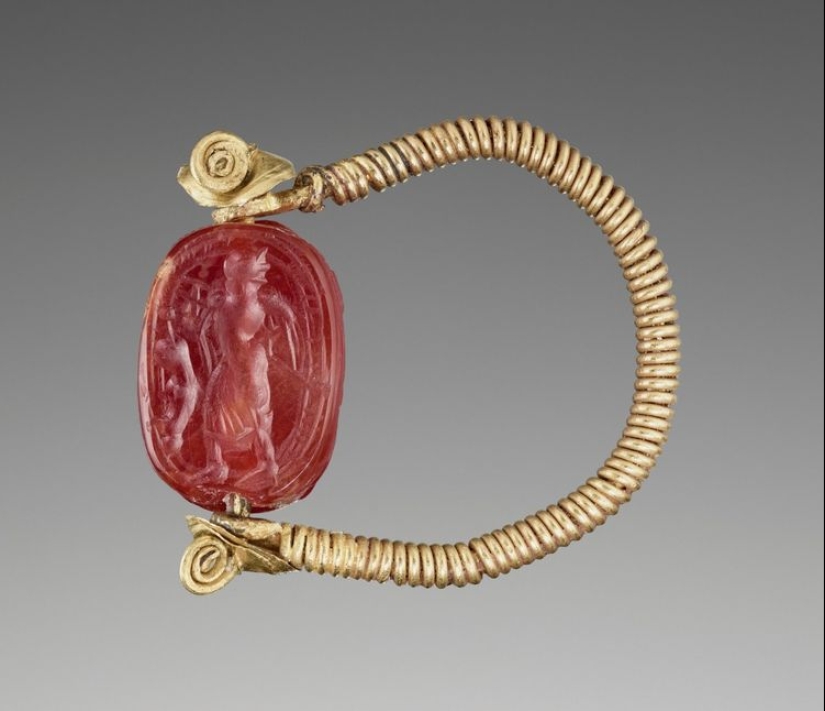
Etruscan gold revolving ring with scarab carnelian intaglio, 4th-3rd century BC
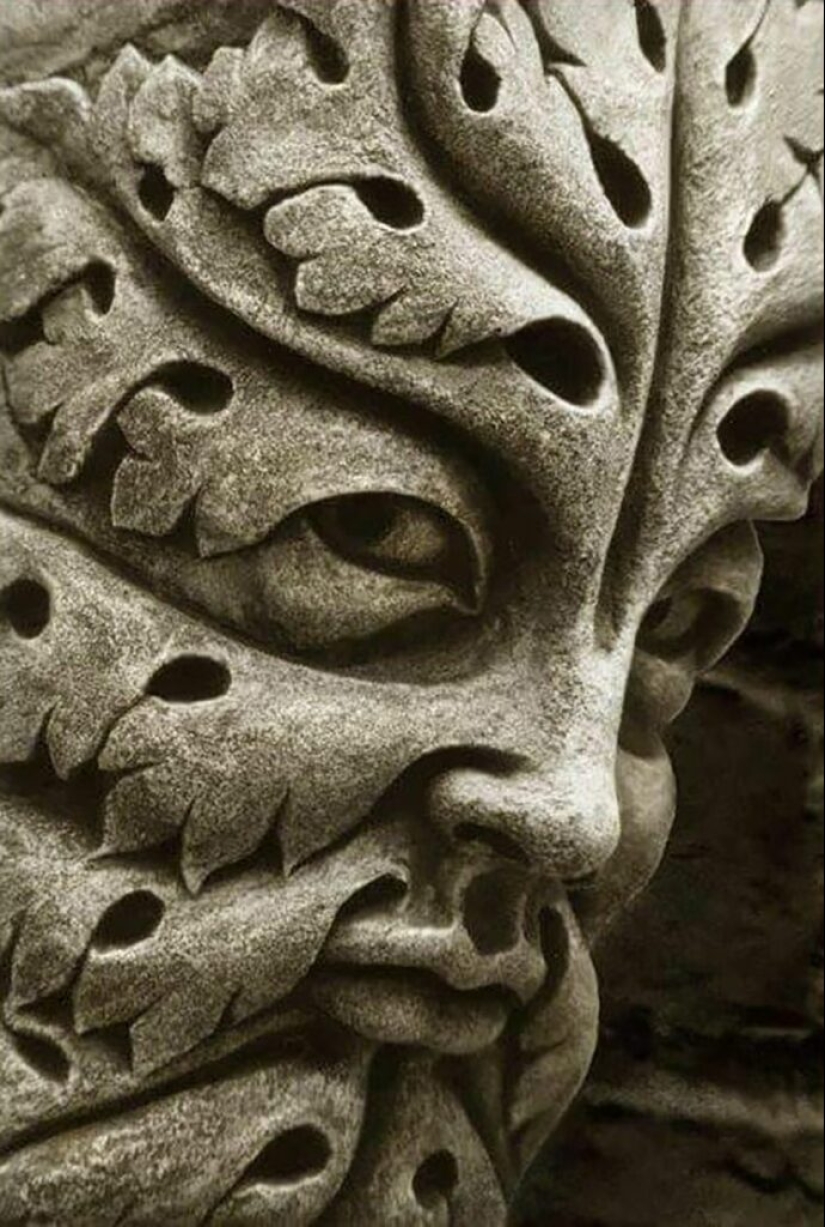
Detail of the "Green Man", Bamberg Cathedral, Germany, early Gothic, c. 1237 AD.
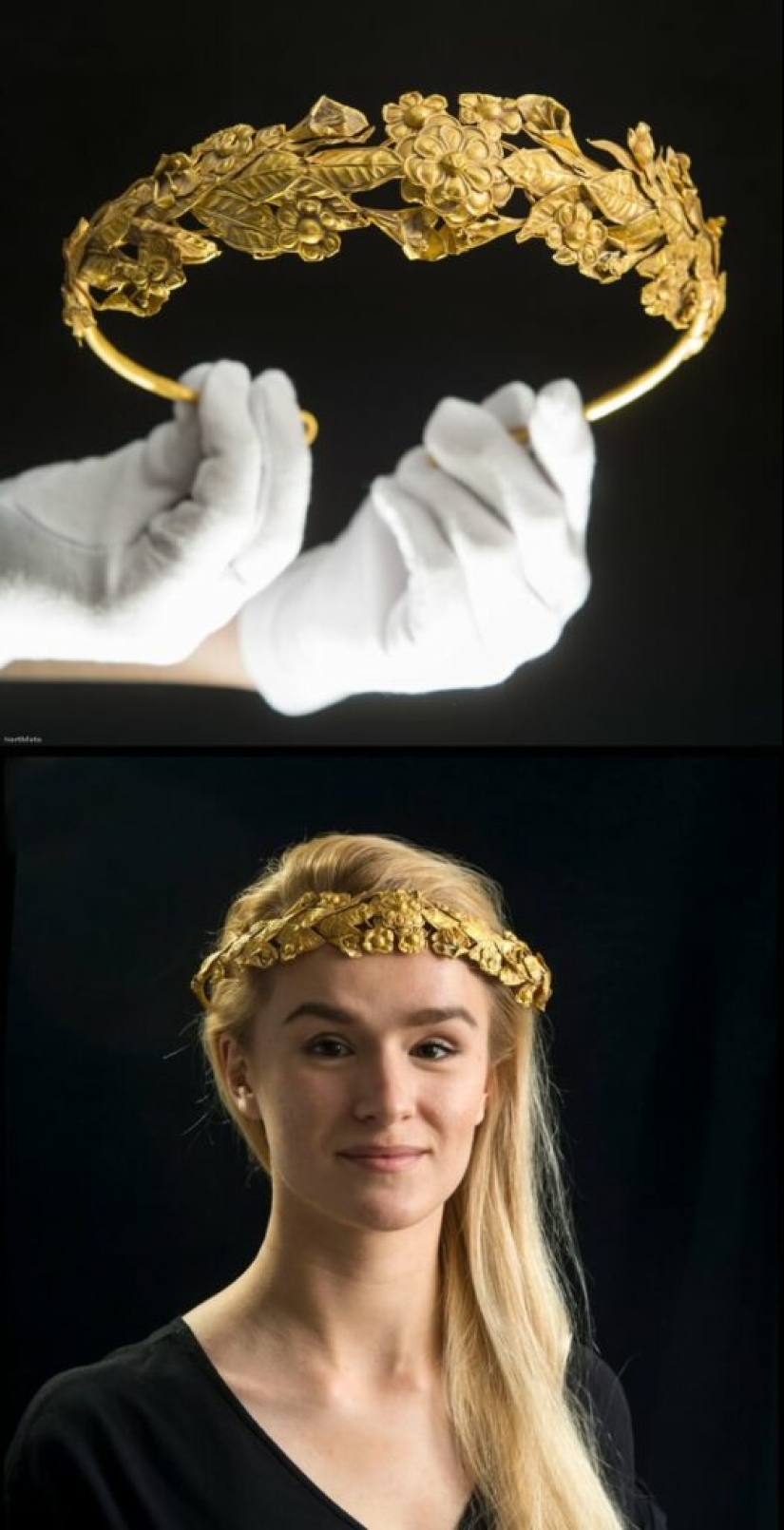
Ancient Greek gold wreath 2300 years old.
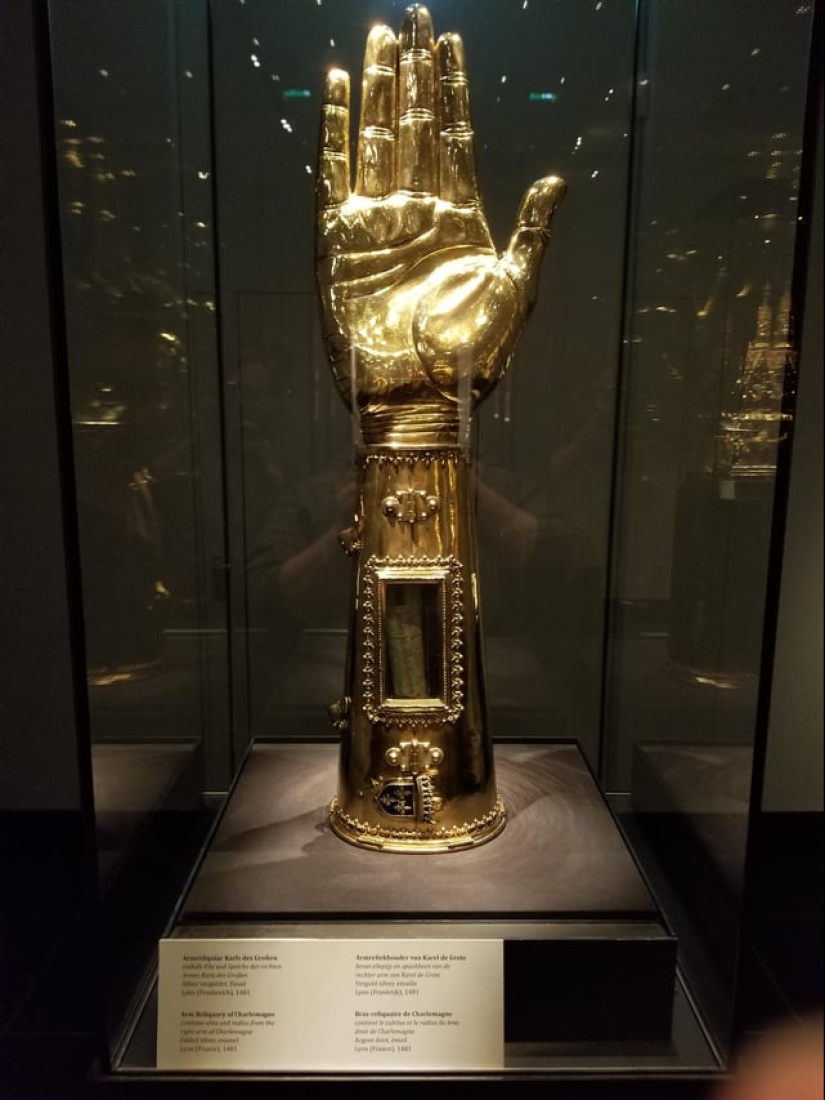
Golden hand of Charlemagne - a valuable reliquary, 15th century. Made in Lyon by order of Louis XI. Stored in Aachen, Germany, in the royal chapel.
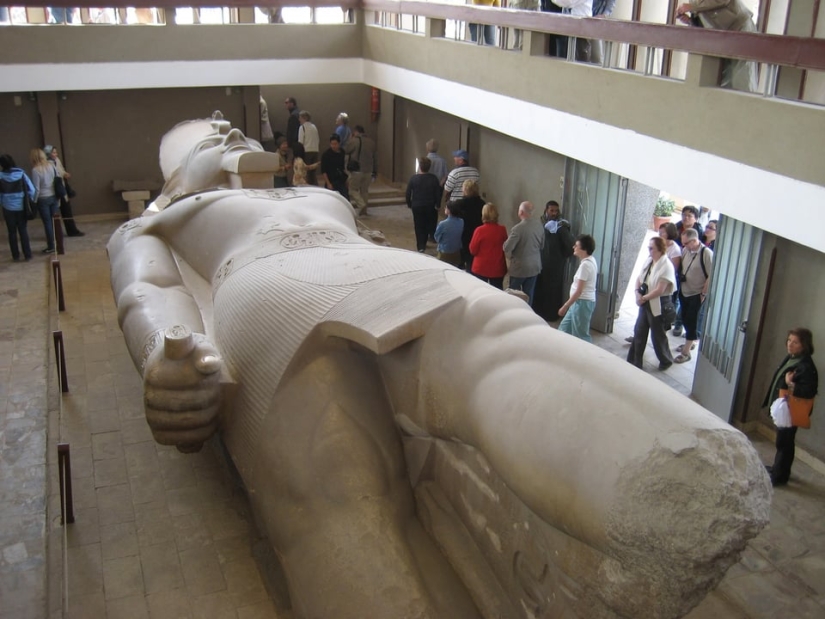
The colossus of Ramses the Great was discovered in 1820 near the great temple of Hut-Ka-Ptah. This is a huge ten-meter statue, which is carved from limestone. The lower part of the monument is missing, so it was decided to leave it in a supine position. The age of the monument is 4500 years.
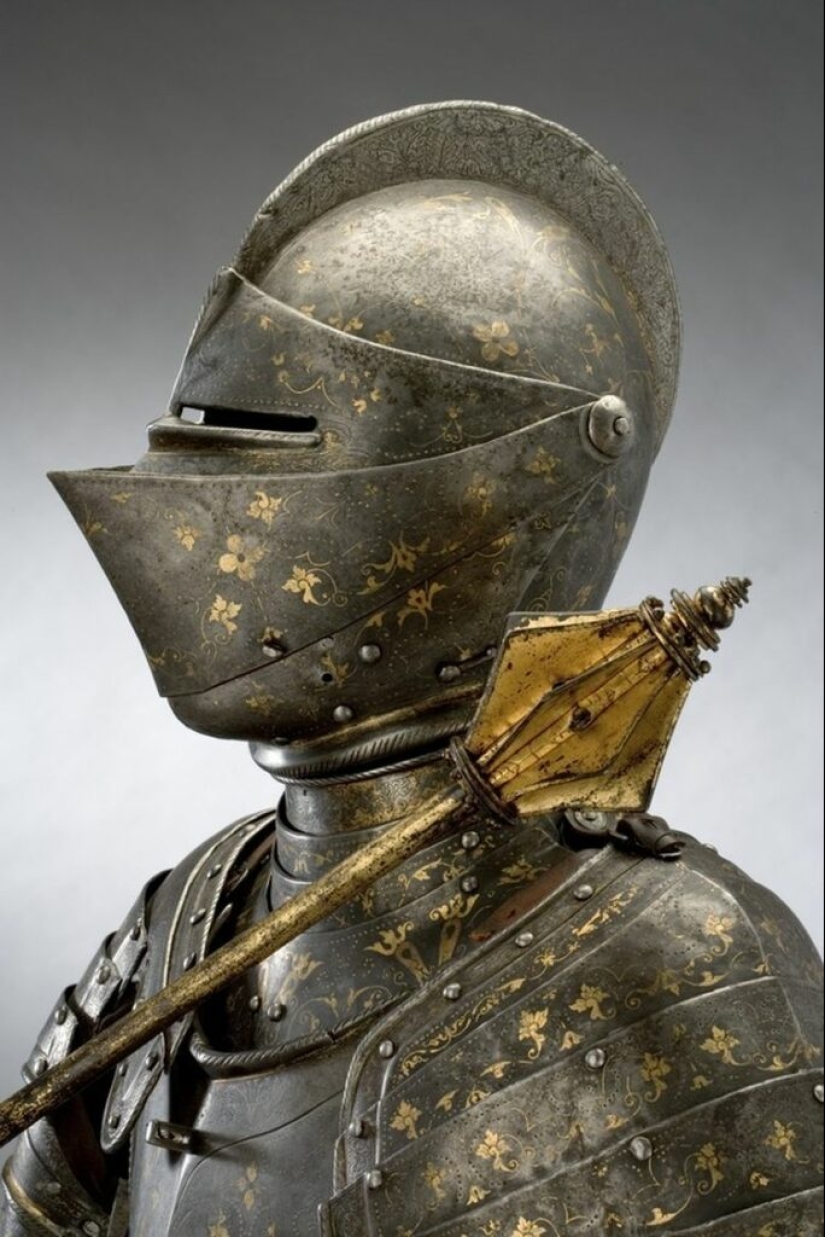
Royal helmet of the Swedish King Eric XIV, early 1500s.
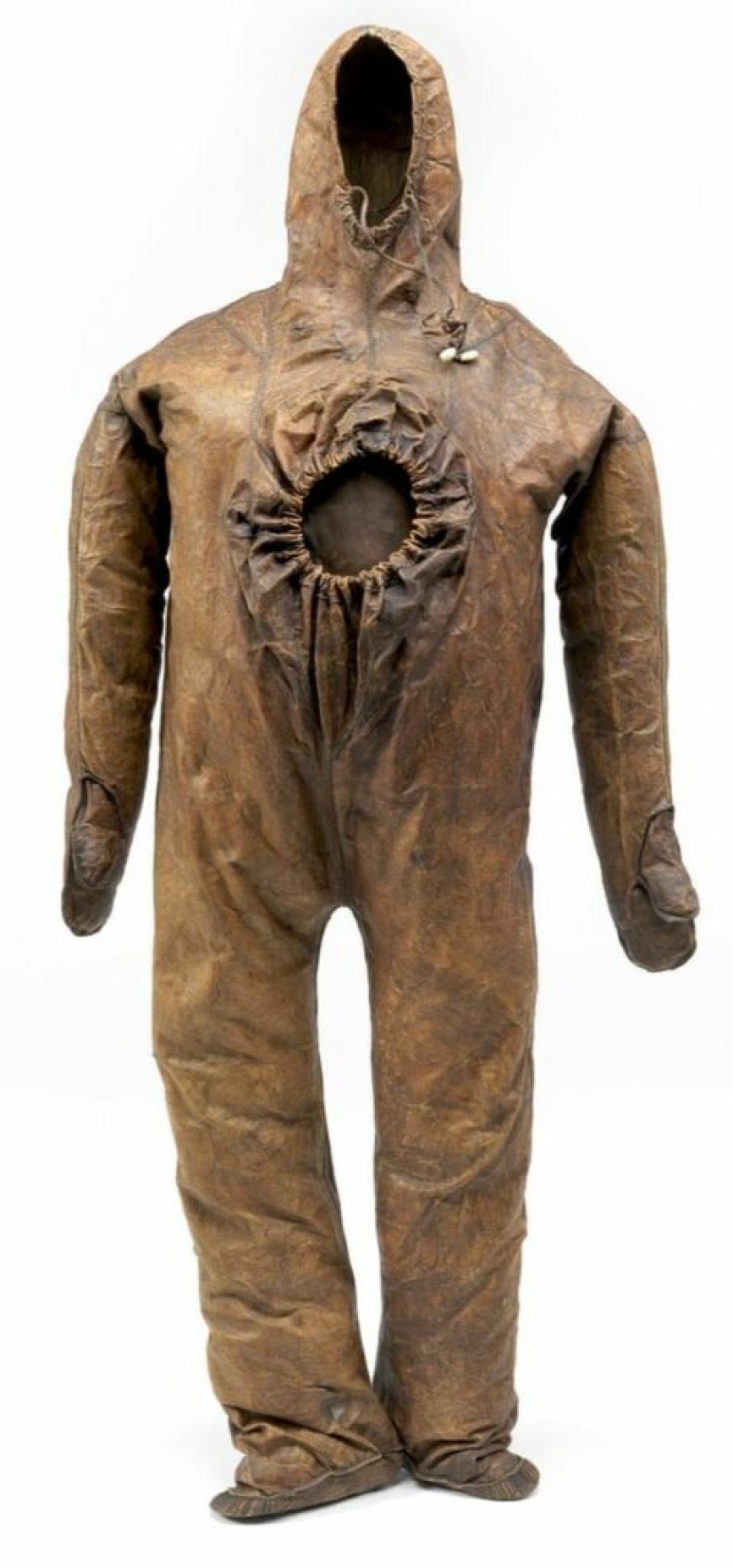
Whaling suit from Greenland, made shortly before 1834. It is the only suit of its kind in the world. The hunter had to crawl into the sealskin suit through the central opening and then close it, making it waterproof. Now kept in the National Museum of Denmark.

Pendant, inside which you can see the crucified Jesus Christ, the Virgin Mary and St. John, possibly France, 14th century.
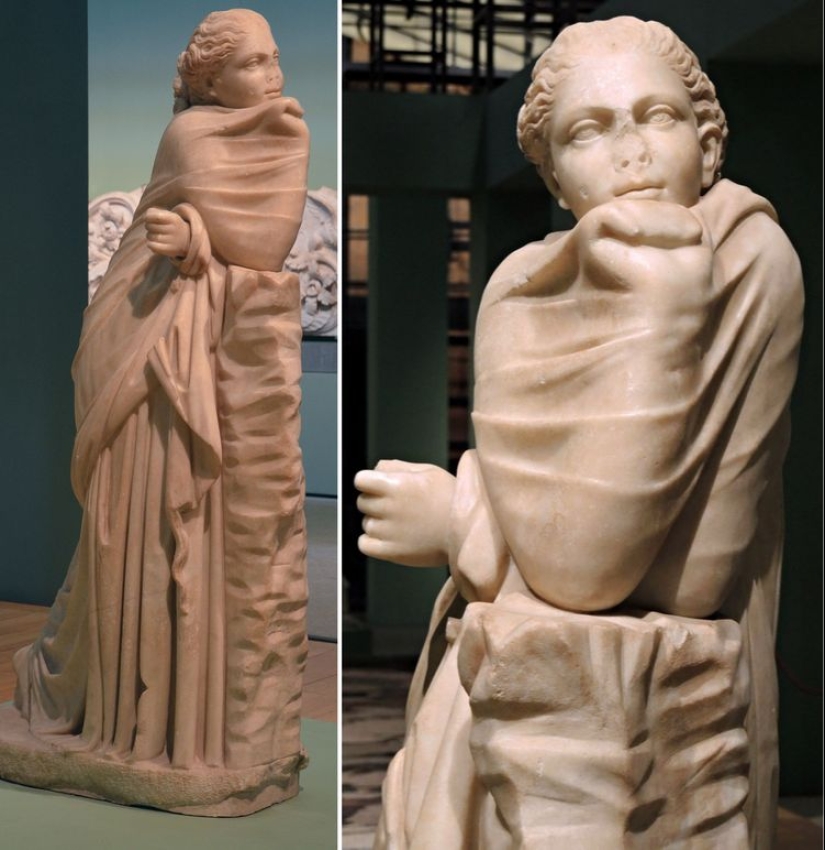
Marble statue of the muse Polyhymnia, found in Italy, 2nd century AD.
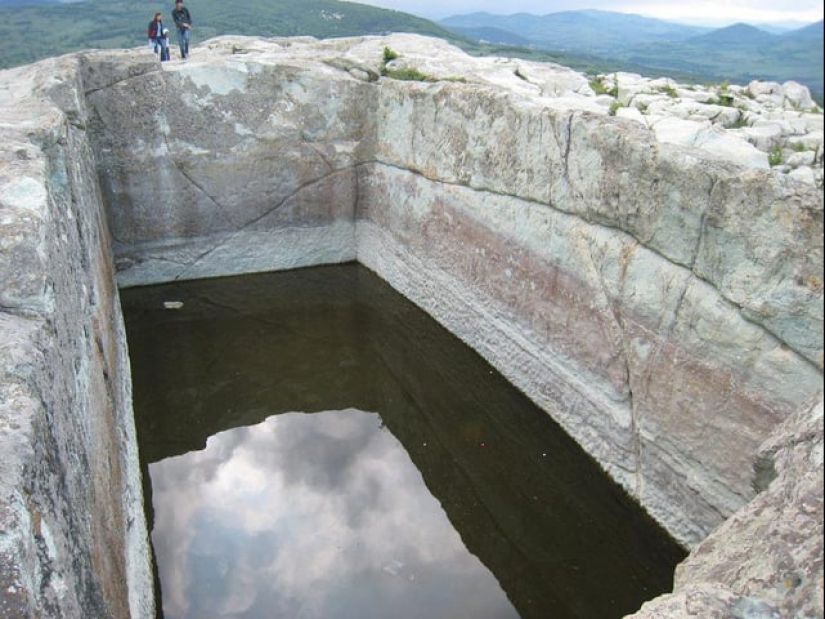
A huge ancient water tank carved into the rock sanctuary of Perperikon. It holds 432 thousand liters of liquid.
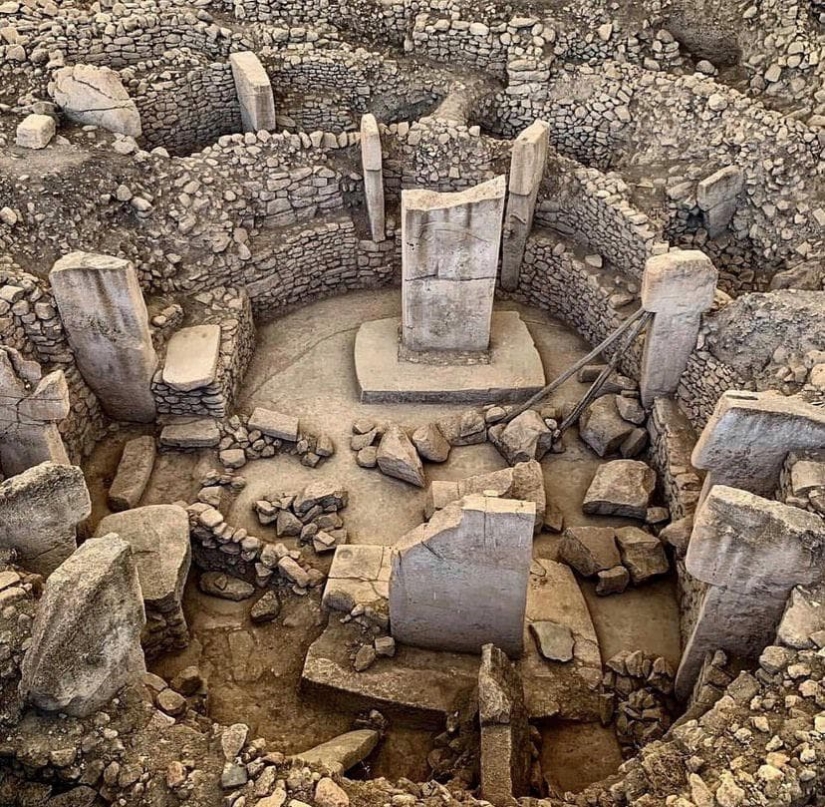
Mysterious archaeological site and temple of Göbekli Tepe, located in Turkey. It was opened in 1994. Researchers estimate that it is at least 12,000 years old.
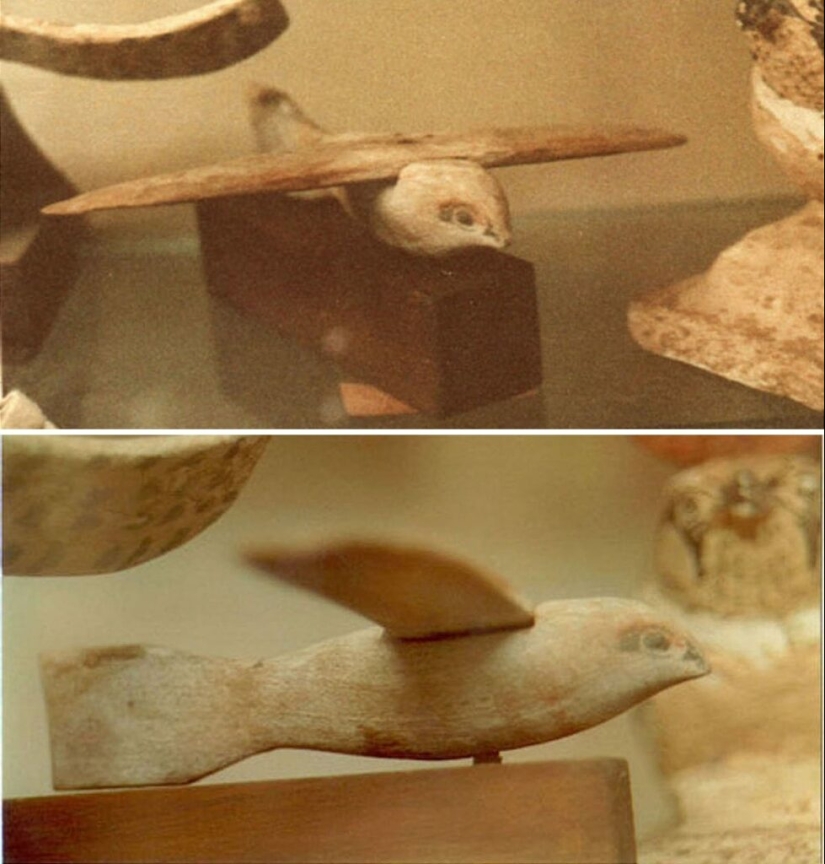
Bird from Saqqara in Egypt. It was made in the 3-2 century BC. Around this figurine, a lot of controversy is born. So, the Egyptologist Khalil Messikha said that this small figure is a tiny copy of a real aircraft, which was invented in ancient Egypt. However, another researcher, Martin Gregory, refutes his words, arguing that the bird could never fly, since it lacks a tail stabilizer. According to other assumptions, the figurine may be the object of the cult of the falcon god, a boomerang or a toy.
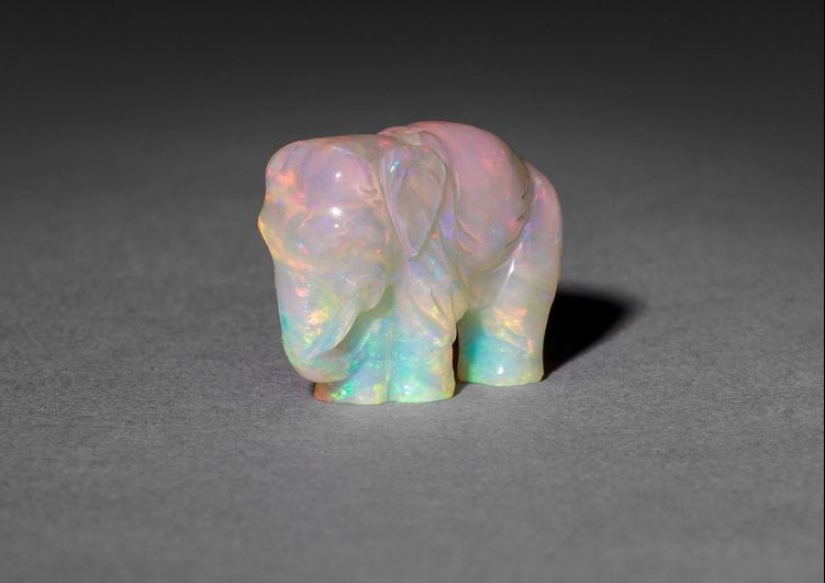
Carved opal elephant, St. Petersburg, Russia, c. 1880-1920
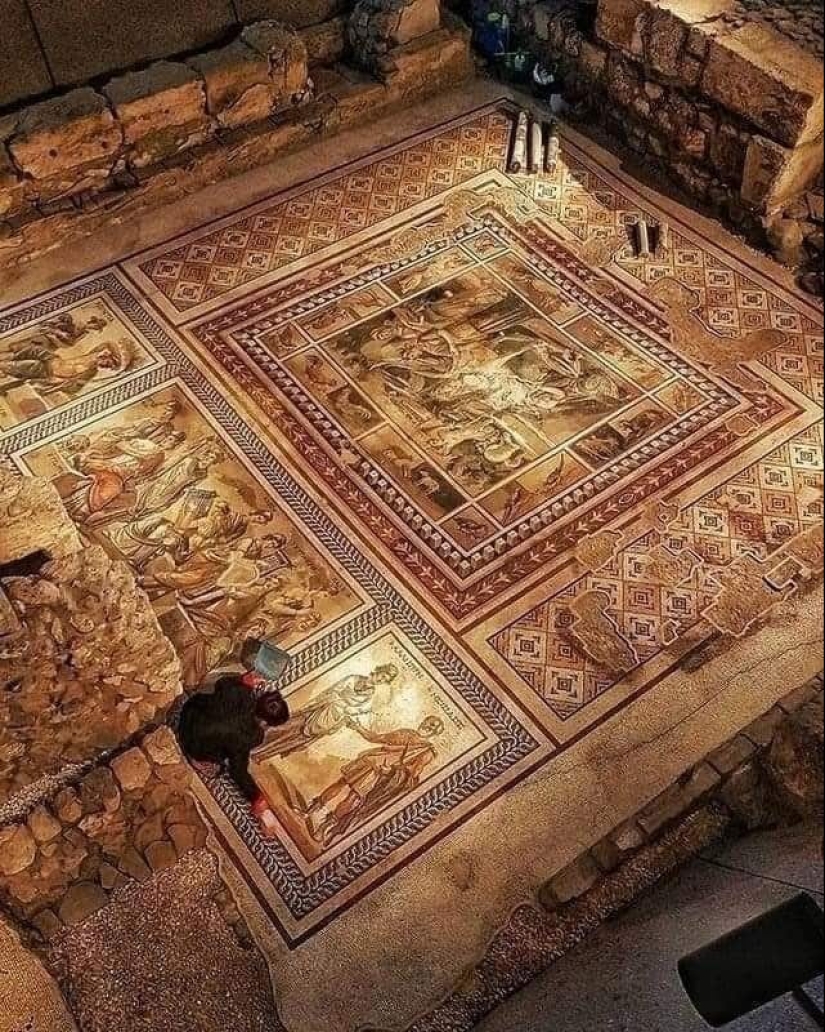
The world's largest ancient mosaic was discovered in the Antakya region of the city of Hatay in southern Turkey.

This black granite sarcophagus was found in Egypt. It weighs several tons and is the largest sarcophagus ever discovered in Alexandria. Inside, scientists found the bodies of three officers belonging to the Egyptian army.
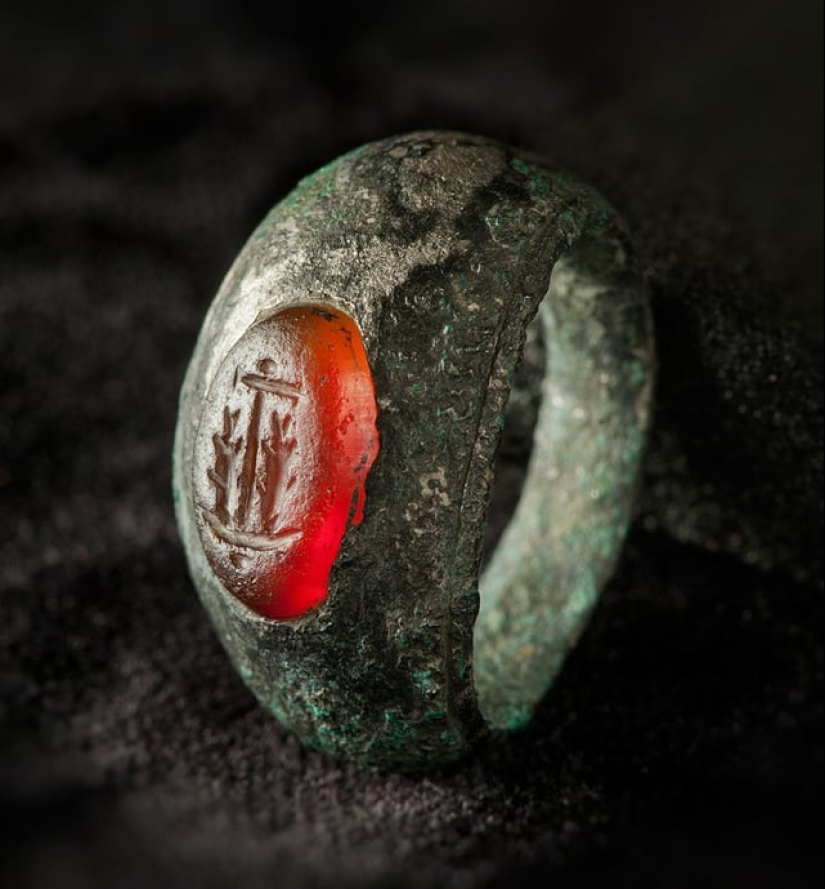
Silver ring depicting two fish hanging from an anchor. The decoration was made around the 3rd century AD.
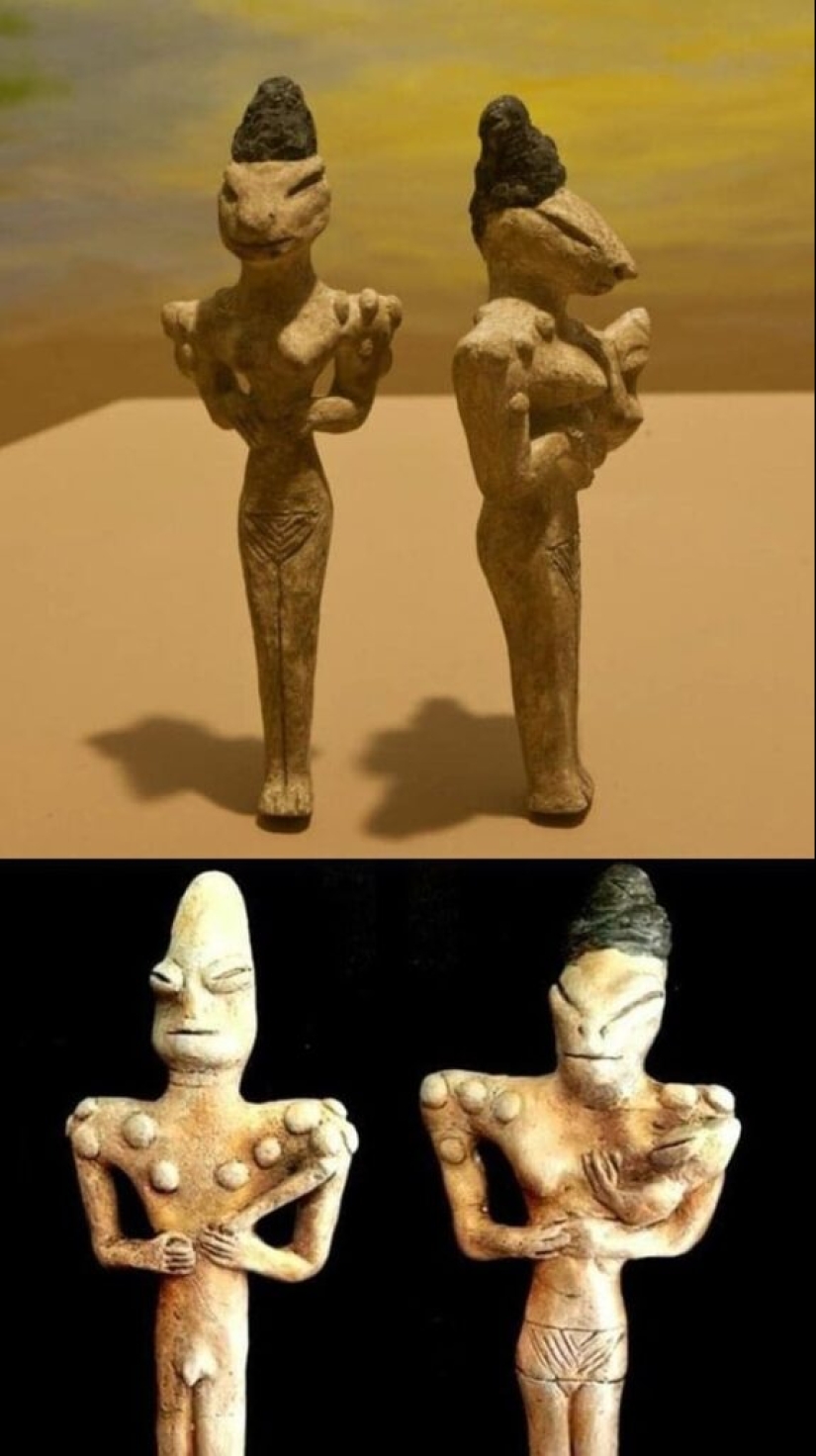
During archaeological excavations at Tell al-Ubayd, 7,000-year-old artifacts depicting humanoid figures with the appearance of lizards were found.
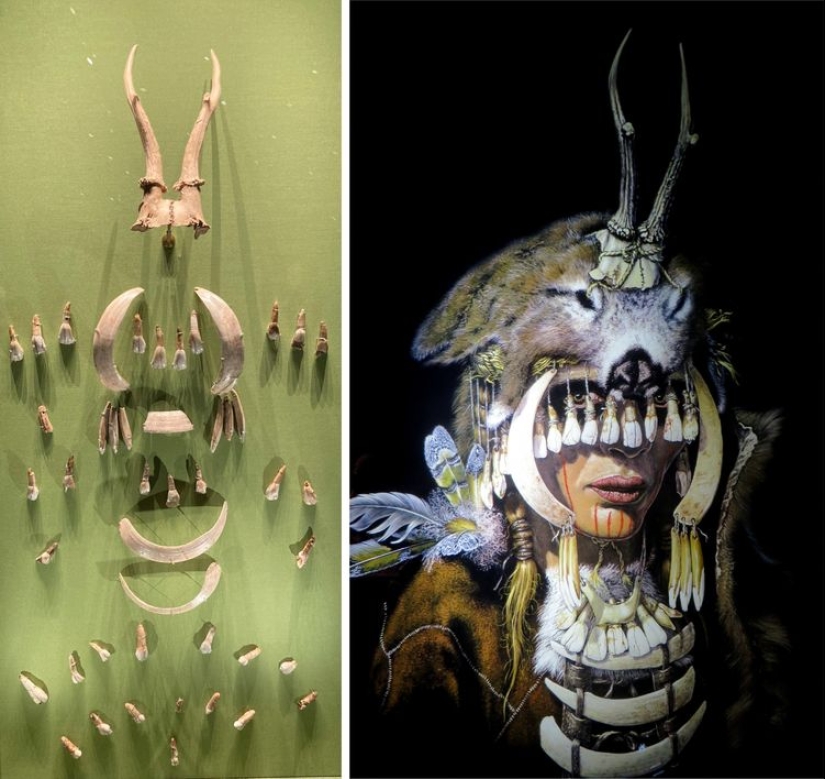
The shaman from Bad Dürrenberg is the remains of a woman aged 25-35 years old, buried 8600-9000 years ago in Germany. Next to it were found the remains of an unusual headdress made of bones and teeth of various animals and birds.
Recent articles

It's high time to admit that this whole hipster idea has gone too far. The concept has become so popular that even restaurants have ...

There is a perception that people only use 10% of their brain potential. But the heroes of our review, apparently, found a way to ...

New Year's is a time to surprise and delight loved ones not only with gifts but also with a unique presentation of the holiday ...